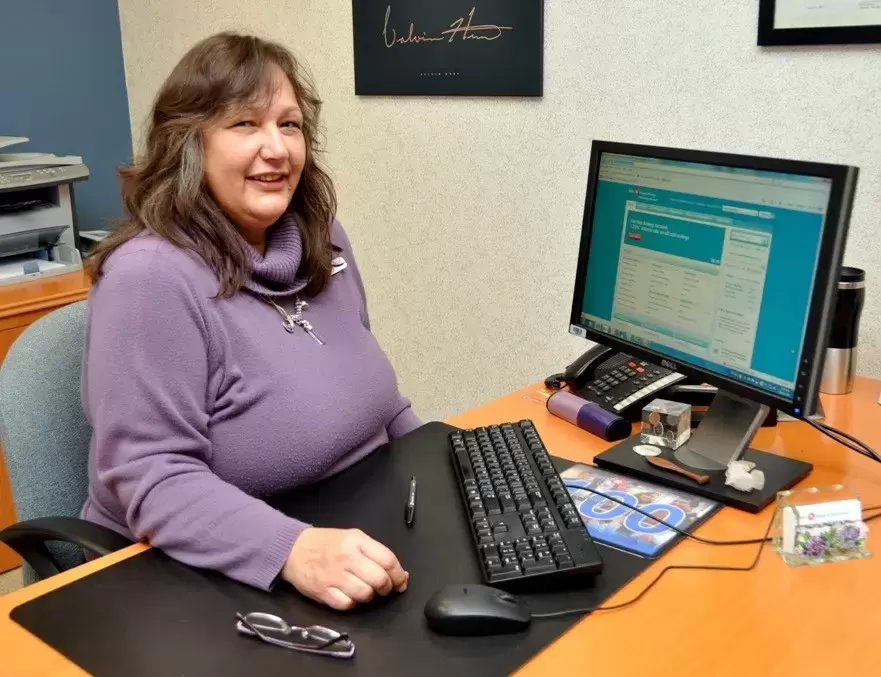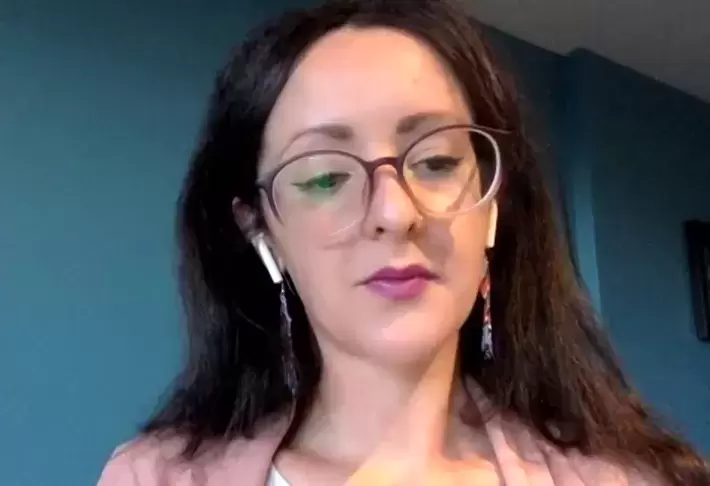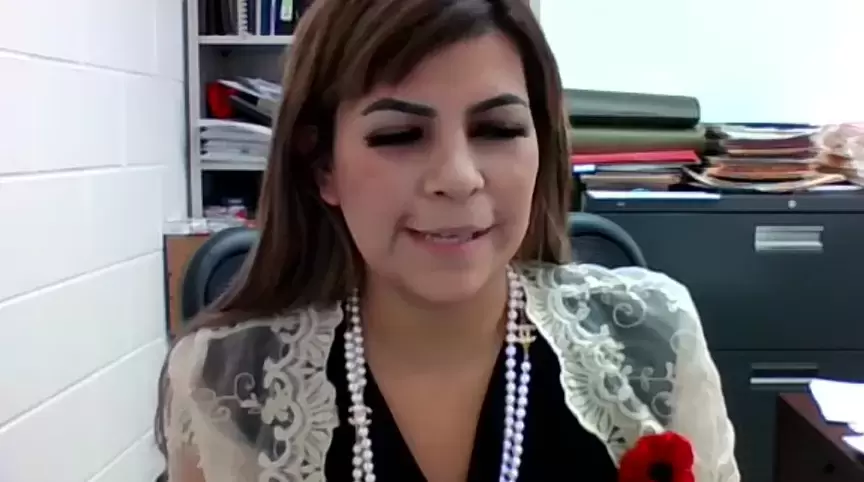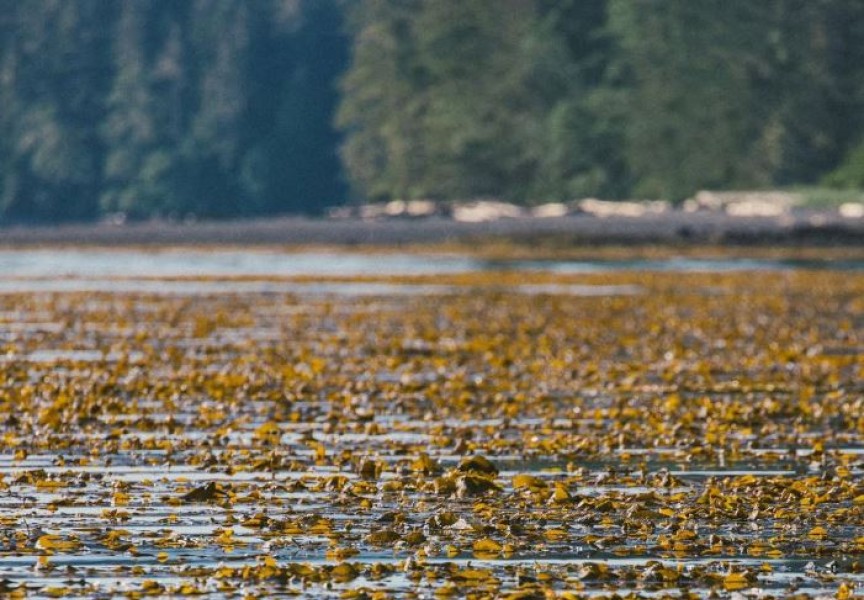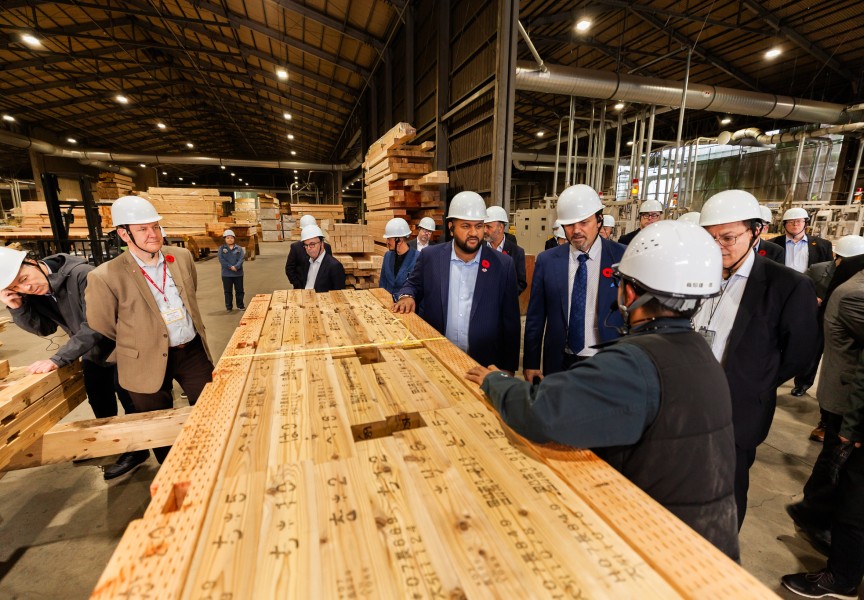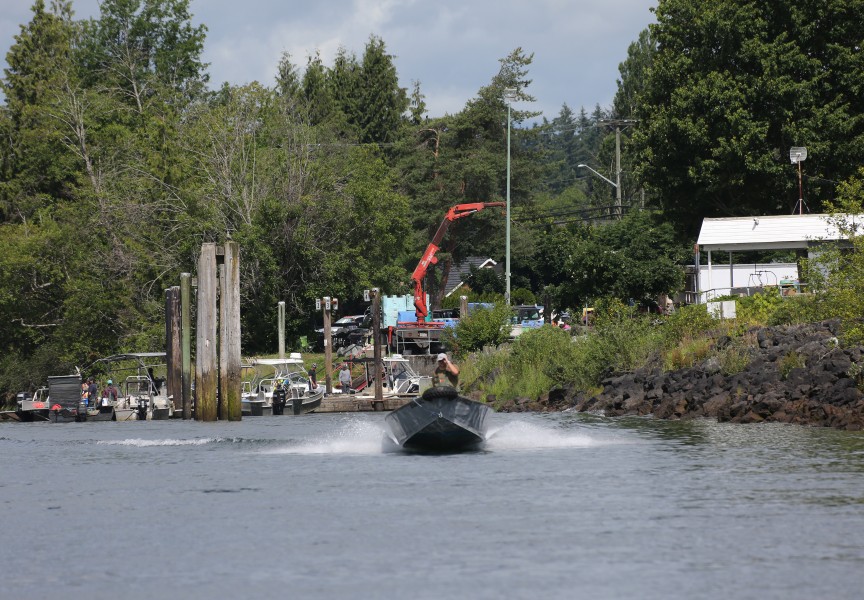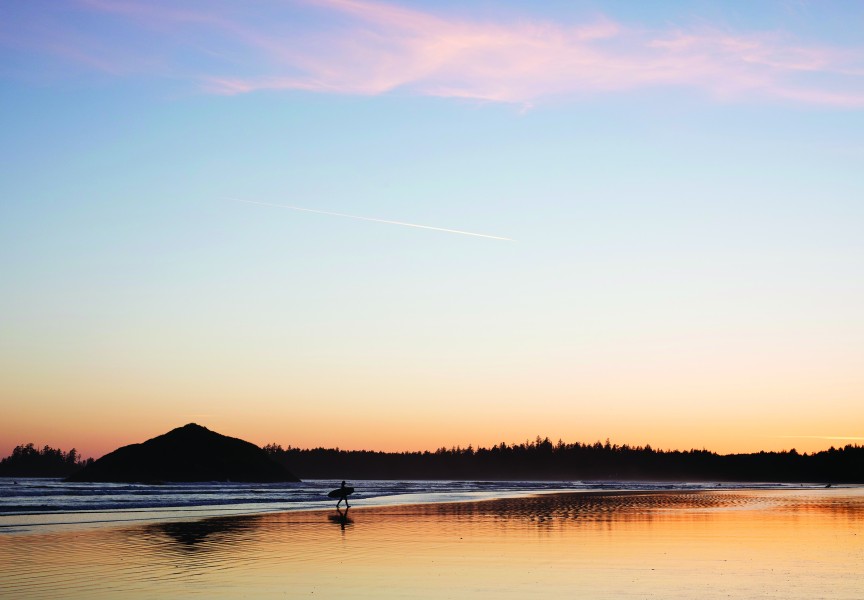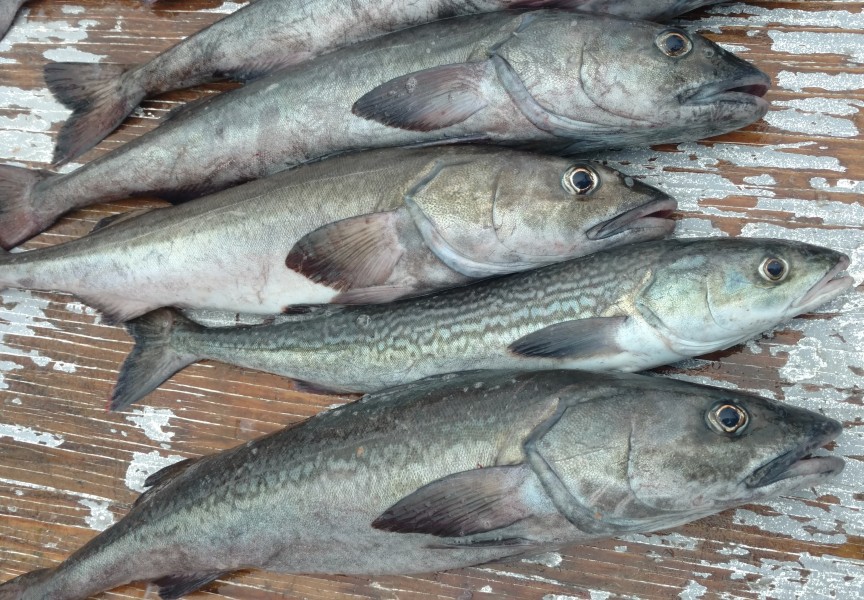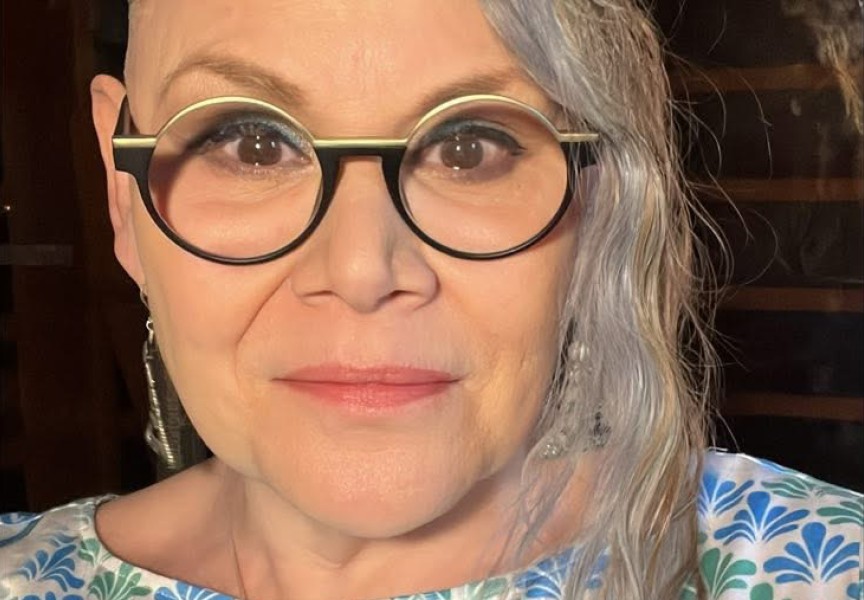Denise Martineau believes an ever-changing world has proven to be extremely beneficial for Indigenous business owners.
Martineau, a business development officer with the Nuu-chah-nulth Economic Development Corporation, was among the panelists this past week at an online event titled Investing In Indigenous Economies.
The event, held on Nov. 9, was part of Global Entrepreneurship Week, which began on Nov. 8 and continued until Nov. 14.
The weeklong celebration is the world’s largest honouring of innovators and job creators who launch businesses.
About 40,000 events were expected to be staged globally, in a total of 180 countries.
“On a lot of reserves the number one employer tends to be the band,” Martineau said. “Unless you can get a job with the band you pretty much have to go elsewhere. And if you’re living in a remote community, going elsewhere for work often means moving elsewhere for work.”
Martineau, however, believes a growing trend has changed this thinking.
“Entrepreneurship can change that,” she said. “Some people can start quite young, just by being creative to make money.”
For those who are not interested in moving away from home in order to launch a business, Martineau said a simple way to start a company is making homemade meals and selling those in the community.
Martineau added thanks to the Internet, many Indigenous people can work from their home communities and reach customers in other locations.
“Here on Vancouver Island there’s a lot of small remote communities scattered throughout the island and so people are being very creative in how they can offer things,” she said. “So, building home offices (or) conference rooms within their community and then offering services from there. It’s really nice to see.”
Martineau, who has 35 years of experience in the finance industry, also said she has noticed another popular Indigenous business practice popping up.
“I’ve certainly seen a growing trend around lots of cultural businesses,” she said. “There’s a real restoration of culture happening. So, people are learning from their elders and learning how to make traditional items where they’re finding ways of getting people in their communities involved in doing that and showcasing art through clothing and jewelry. There’s a lot of passion behind those things now too.”
Martineau believes Indigenous businesses in general are being bolstered now because of youth empowerment, which wasn’t always the case in recent years.
“While there is a growing number of mentors in the communities, not everybody has access to those mentors,” she said. “It makes a huge difference having access to people with that knowledge, especially for those that don’t have it within their family or close community. To be able to access that kind of connection is really important, whether it’s through training or learning experiences.”
Martineau said she also finds that she is dealing with more informed individuals now when it comes to those seeking advice on businesses.
“I find that we’re in an information age where people have a computer in their pocket and they can look up absolutely everything,” she said. “And I do find that younger people tend to look things up a lot more, but since it’s the quality of the information that they find, that is not always accurate.
“Being able to reach out to someone knowledgeable about credit, knowledgeable about financing, being able to reach out to somebody is a very good thing, because in the information age not all information is accurate.”
Earlier on in her career, Martineau dealt with many individuals who were not up to date on various business practices.
“I do find most youth tend to research so they rarely come in totally green,” she said. “They’ve usually done some research before they ever come in.”
The other panelists for the Investing In Indigenous Economies event were Magnolia Perron and Brandi Woodhouse.
Perron is the Indigenous women and youth program officer for the National Aboriginal Capital Corporations Association.
And Woodhouse is the owner and founder of RezGal Lashes Inc., a company she founded in August of 2020 that has enjoyed tremendous success and is growing internationally.
The panel was moderated by Joanne Norris, the director of Indigenous and northern communities for Futurpreneur, a non-profit organization which provides financing, mentoring and support tools for prospective business owners aged 18-39.
Perron mentioned the significance of having Indigenous role models for those considering starting up their own company.
“Indigenous youth need to see themselves represented in business, in entrepreneurship in order to build that confidence that says ‘Hey, if they can do it, I can do it too,’” Perron said.
“Having role models and even mentors that can kind of support youth who want to start a business, is really, really important.”
Woodhouse believes she is proof individuals can start up their own business with a simple idea. She launched a business selling Indigenous-themed eye lashes.
“It’s starting to pick up in my generation,” she said, adding while she was growing up few Indigenous people were starting their own business. “My business just came naturally. It wasn’t something I was looking for or planning. It just came on its own.”

